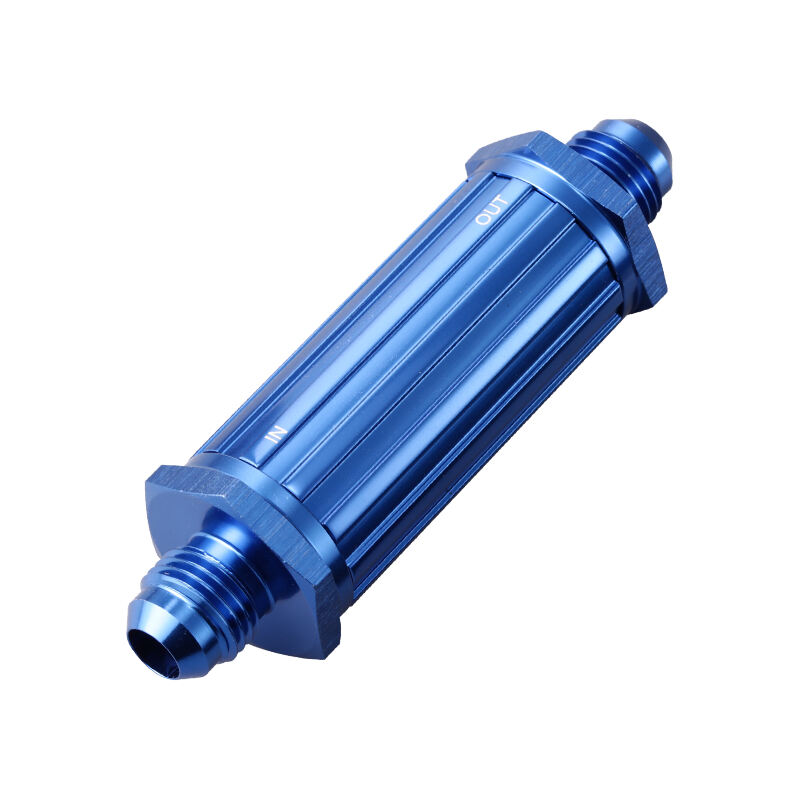
Modern engineering as we know it would be incomplete without fuel filters which serve to get rid dust of impurities that can affect the engine service life and functionality. By knowing the fundamental fundamentals of how these components operate, one can actually gain some knowledge on how to maintain their car.
Types of Fuel Filters
Inline Fuel Filters: These are fitted normally in the fuel line and don’t let unwanted dirt from reaching the engine. One usually fits these inline filters in gasoline and diesel engines of different construction or even dimensions.
Cartridge Fuel Filters: It finds extensive application in automobiles which are designed with a comparatively complex fuel system. Because of the construction of the filter, these can easily trap minute dust particles and save the engine from wear and tear. Normally, they are supplied with housing that can be replaced during routine servicing as soon as the time to change the filter comes.
Fuel Tank Strainers: These strainers are situated centrally in the fuel tank, which is their main duty to filter and purify the fuel from contaminants. All the larger particles are omitted before entering the fuel system and this allows only the much cleaner fuel into the in- fuel pump and the filter.
Importance of Fuel Filters
So, what are fuel filters used for? First and foremost, the purpose of a fuel filter is to take out dirt, dust, and other impurities out of the fuel that heads up to the engine. This prevents clogged injectors and loss of efficiency in combustion. Economically, this helps save costs, as a clean fuel filter leads to low fuel usage and high engine output.
Apart from this, there are two more functions of fuel filters, which include enhancing the lifetime of fuel pumps and injectors further. So, restricting such damage using a good filter, will save plenty on needless repairs and replacements in the future.